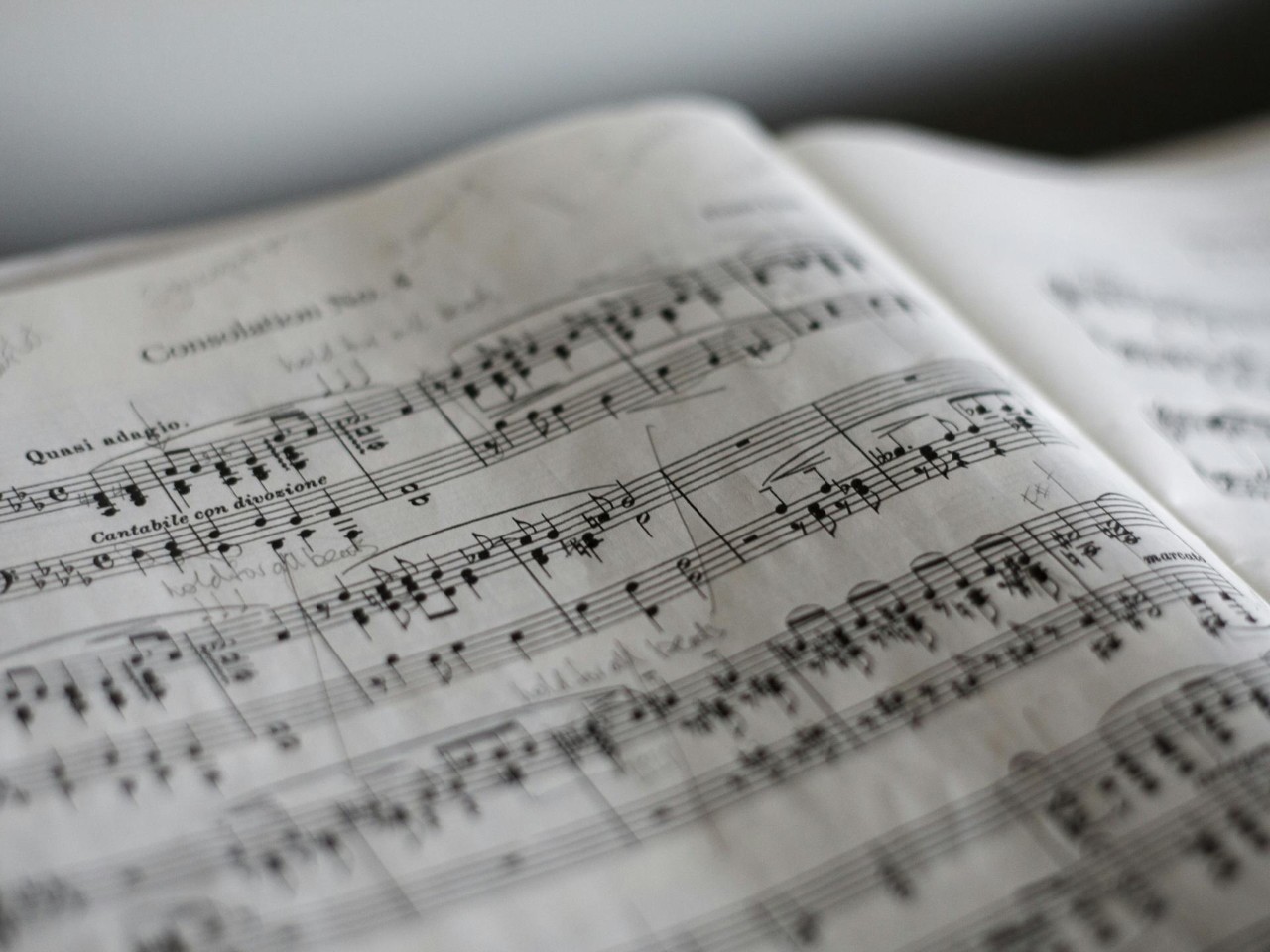Music education in Luxembourg: opportunities at all ages

In Luxembourg, children can begin their music education from the age of four. Lessons are taught at municipal music schools and conservatoires, outside the compulsory school system. Several municipalities also offer lessons for adults. The University of Luxembourg provides training for future teachers. Since the start of the 2022-23 academic year, most music, dance and performing arts lessons have been taught free of charge at municipal music schools. Here is an overview of how musical education is organised in Luxembourg.
Stages in music education
Introduction to music
As soon as they turn four, children can come and discover the joy of music through singing, movement and games. The aim of this music awareness course is to introduce children to the pleasure of expressing themselves through music. They learn to sing, move and dance to music, and are taught how to listen to music and recognise different instruments in a fun way. The introductory course is also a first step on the way to learning an instrument. It helps children develop intellectual and social skills, dexterity, and the ability to work in a group.
This first stage, which lasts up to two years, is taught in regional and local conservatoires and music schools, which are organised by municipalities under the aegis of the Ministry of Education, Children and Youth.
Lower tier
After the introductory music awareness course, children begin a basic music theory course, alongside instrumental or singing lessons. This four-year music theory course is compulsory for those wishing to learn an instrument or take singing lessons.
The skills covered in the basic music theory course include singing, sight-reading, time signatures, rhythms and beats, improvisation, listening and musical notation.
Intermediate tier and specialist intermediate tier
Lessons for students in the intermediate and specialist intermediate tiers are taught at regional music schools or conservatoires. The country's three conservatoires have been given a national mandate to teach the specialist intermediate tier.
Higher tier
Higher tier lessons are only taught at the country's conservatoires. The national mandate given to conservatoires also extends to the higher tier.
Click here for a list of all the country's music schools and conservatoires.
Bachelor in Music Education
The University of Luxembourg, in partnership with Luxembourg's three conservatoires, offers a degree course for students who love music and are interested in becoming music teachers: the Bachelor in Music Education.
During the course, students learn about different teaching methods, complete internships each semester and attend a university abroad. A personal academic tutor supports each student throughout the course.
Did you know?
Since the start of the 2022-23 academic year, most music, dance and performing arts classes have been taught free of charge by the country's municipalities for children up to the age of 18. And for adults or more advanced students, tuition costs are capped at €100 per subject each year. Low-income families are even eligible for a full or partial refund.
Courses for adults
Music theory, instrumental and singing lessons for adults, as well as elocution and jazz dance lessons, are open to all adults with the aim of developing their interest, pleasure and enthusiasm for music, performing arts and dance.
Courses for adults are taught at the three types of music school in Luxembourg: local music schools, regional music schools and conservatoires.
Last update

